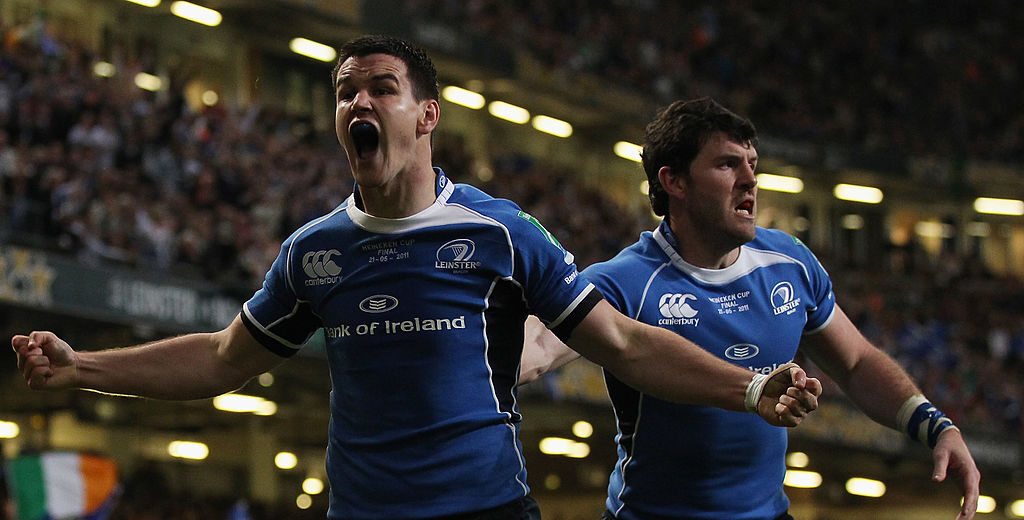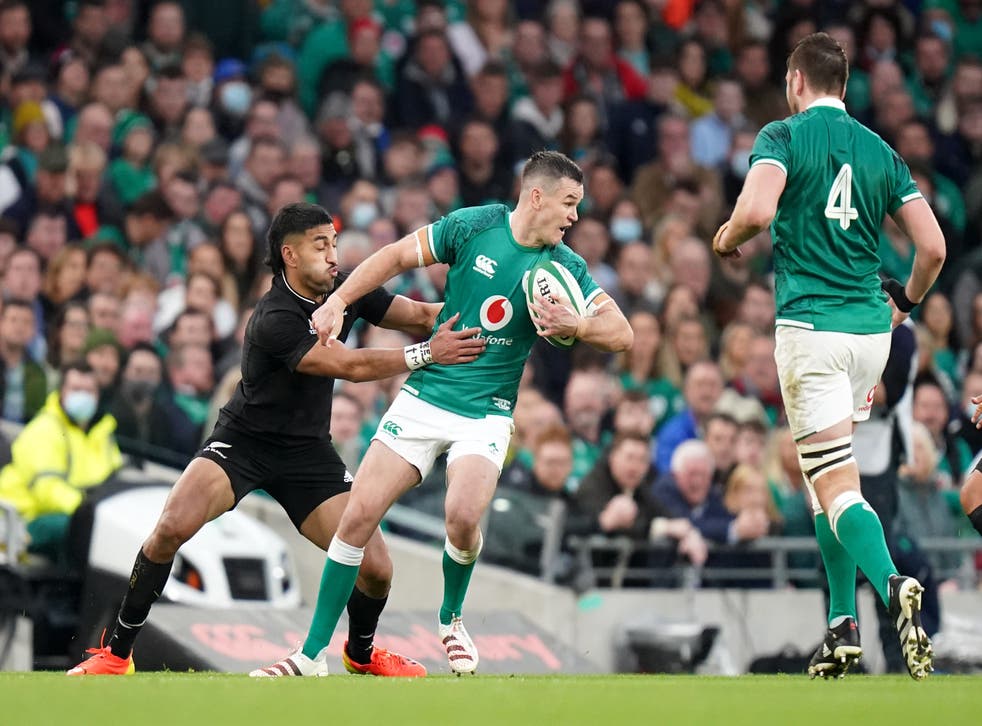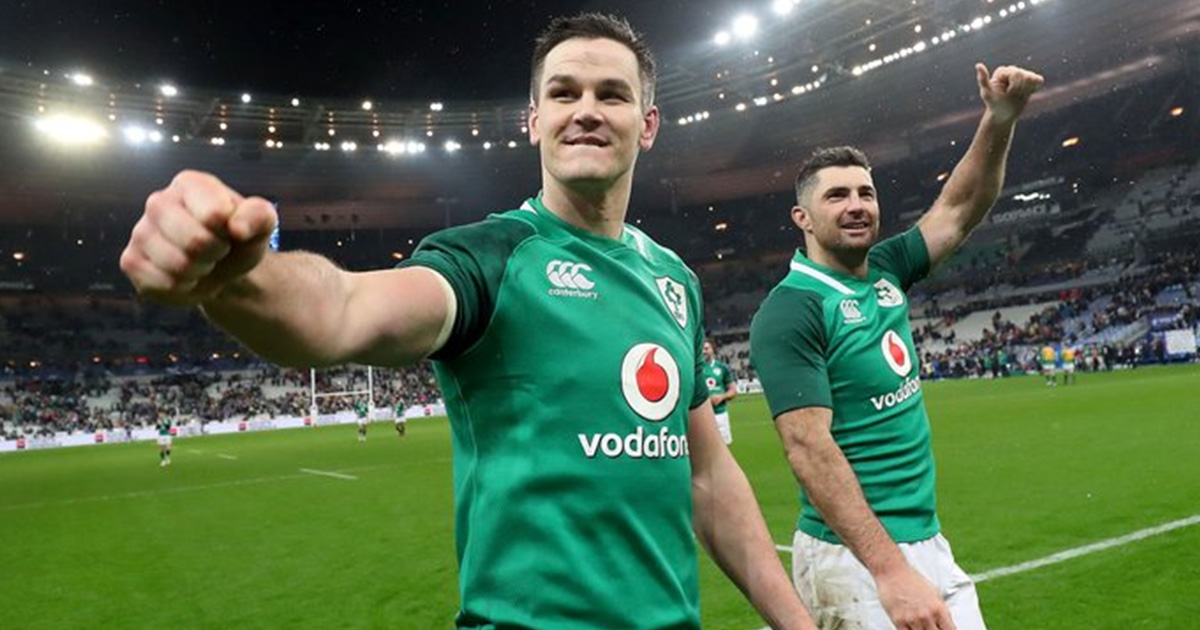Speaking on the Free State Podcast this week, Jonny Sexton has lifted the lid on his relationship with alcohol, teammates and coaches following the release of his autobiography.
Rugby, at its heart, is a game centred around enjoyment, effort and the willingness to support your mates through difficult challenges on the field. 80 minutes on that field separate players from the rest of society, 80 minutes to get things right without distraction.
With the intensity of a match day being what it is, it can be difficult to step away from the game once the final whistle has gone. Immediate memories from the match can either thrill or haunt team members as the evening bares on.
So what does a top-level player do to adapt to ‘real life’ following a match? Sexton explains:
“If you come off the pitch and you have got a few knocks but nothing major, do your recovery, get your food in, get in the ice baths, do what you need to do.
“Go out for a few beers together, the benefits far outweigh the negatives. You don’t get in your own way, you get out with your mates. You talk about the game. If you have had a win then you don’t have to worry about that.”

As enjoyable as that sounds, you wonder where the actual benefit lies. Does it improve performance? Does it make players more relaxed? Or is it simpler than that?
“That’s where you create a team spirit, you have that camaraderie,” Sexton continued.
“I talk about the addictive feeling of winning but, for me, it was the two days after a big win with a trophy, they are the things that you remember, they are the things that you miss.
“If someone says to me ‘fondest memory of the Heineken Cup in 2011?’ It has got nothing to do with the game, it has got to do with the night after which we spent in Gordon D’Arcy’s bar and then we went to Coppers. They are the memories that you will never get back, that you miss.”

Now, it must be mentioned that Jonny isn’t advocating a drinking lifestyle here, but a balanced one.
“The onus is put on you after having a few pints together to make sure you do all the recovery properly, to make sure you eat well, and hydrate well the next day.
“And often because rugby is a very physical sport we wouldn’t be training on Sunday, we wouldn’t be training on a Monday.
“Sometimes our training on Tuesday would be quite light as well but would be in the sauna, the ice baths, the swimming pool, getting on a bike.”

According to Sexton, players considering a full drinks ban should weigh the pros and cons before limiting themselves completely.
“I don’t want to be promoting it too much but I would have gone through periods in my career where I thought I shouldn’t be drinking and, basically, just not drink for six months thinking that this is what I needed to do.
“You kind of isolate yourself, take yourself away from the team spirit ‘you know yer man is no craic’ that kind of vibe and I definitely had that for periods in my career and I felt I needed that to do everything I could to prepare properly.
“It wasn’t beneficial. It would have been more beneficial to have had a couple of drinks and that was the balance I found later.”
Drinking culture in rugby is about being able to make connections with your teammates in a less intense arena than the playing field.
“I always celebrated the wins, the trophies at the end of the season and they were always brilliant.
“But if you had two weeks between big games, having a few beers with your teammates in the hotel team room or with your partners afterwards or with your parents it’s okay – like, Andy used to promote a real family environment and we would have all the families, kids would be running around, and parents would there.
“So it was a really amazing environment to be part of. Sitting around having a few drinks, and getting to know people’s families as well was very special.
“Because ultimately if you are next to somebody in battle, if you know them better, you know their parents, you know their family, what makes them tick, you know what motivates them, it is invaluable.”
Sign In